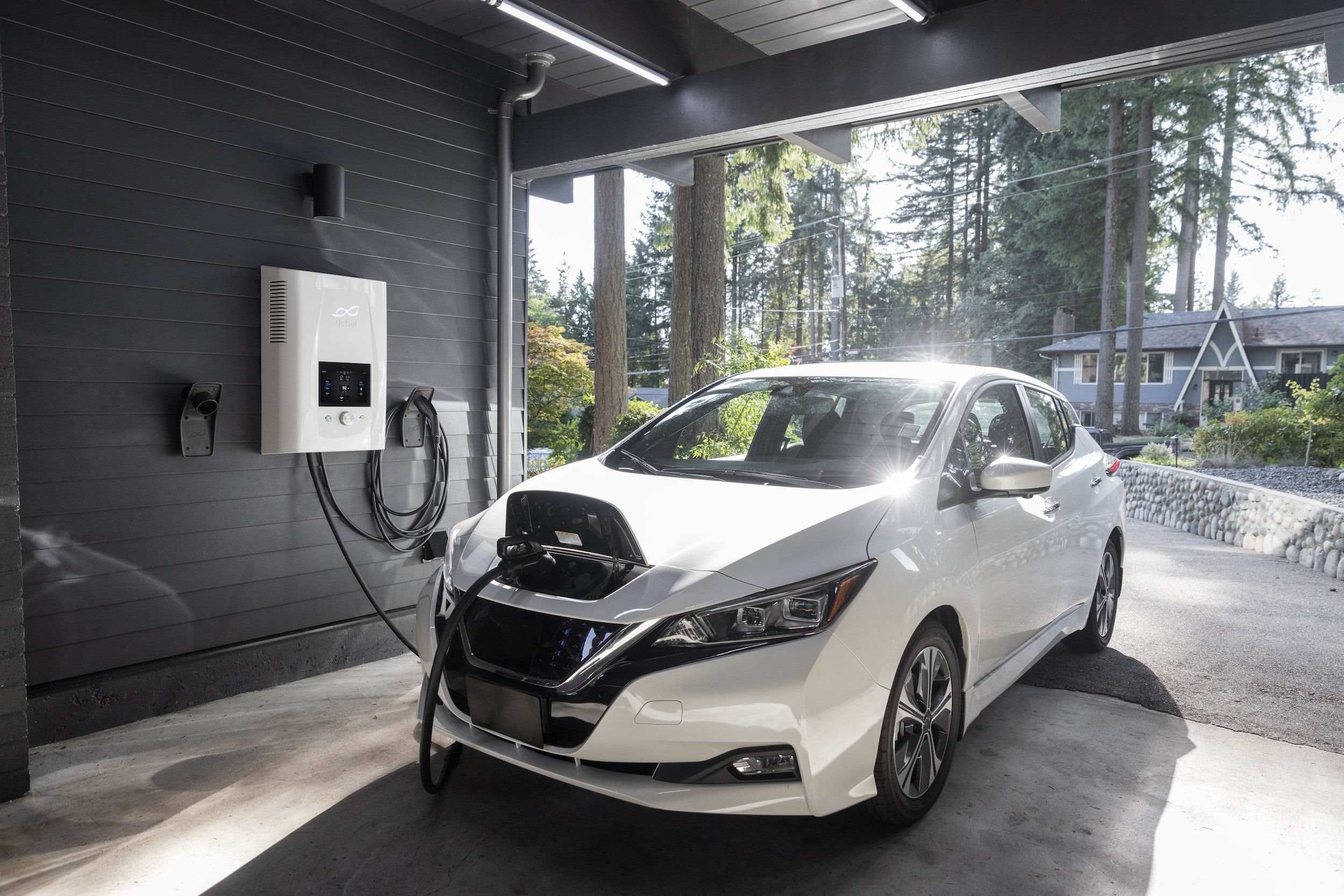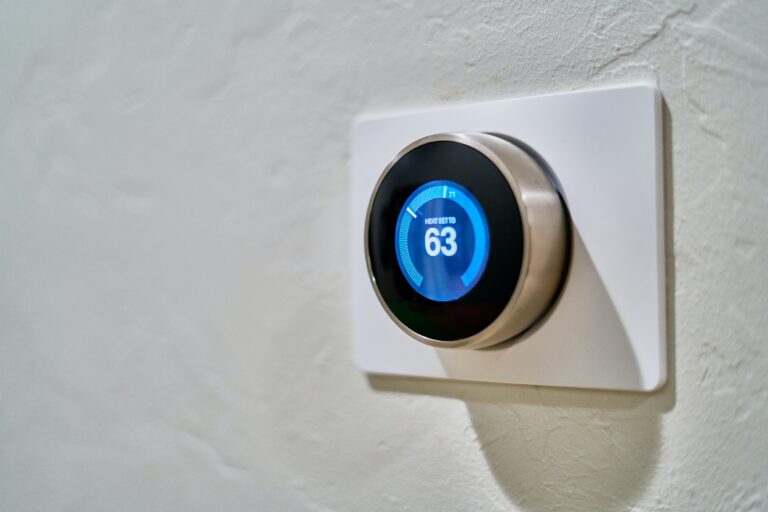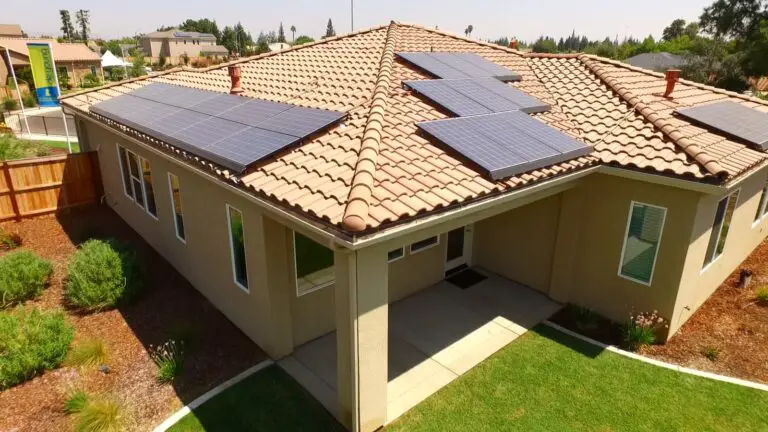Evolving EV Landscape: How Home Charging Stations are Shaping the Future
The evolution of electric vehicles (EVs) marks a significant shift in the automotive industry, one that is not just altering how we drive but also how we live. Central to this transformation is the rise of home charging stations, a development that promises to redefine our relationship with personal transportation. In this blog, we will explore how home charging stations are not only supporting the EV revolution but are also shaping the future of sustainable living.
The Convenience Factor is Revolutionizing EV Charging at Home
The introduction of home charging stations has brought unprecedented convenience to EV owners. Gone are the days of scheduling detours to public charging stations or worrying about long charging times while on the go. Now, the simplicity of charging an electric vehicle overnight, in the comfort of one’s own home, is comparable to charging a smartphone.
This convenience is not just about saving time; it’s reshaping our daily routines. The ability to charge at home eliminates the range anxiety often associated with EVs, especially for those living in areas with limited public charging infrastructure. It offers a seamless integration of EVs into our daily lives, making electric vehicles a more practical and appealing option for a broader range of consumers.
In addition, home charging stations are evolving to become smarter and more integrated with home energy systems. This integration allows for more efficient energy usage and even the possibility of using renewable energy sources directly for EV charging.
Understanding the Economics of Home Charging Stations
The economics of home charging stations is a vital factor for potential and current EV owners. Initially, the cost of installing a home charging station can be perceived as a significant investment. However, it’s crucial to consider the long-term savings. Home charging eliminates the frequent costs associated with public charging stations, where prices can vary significantly. Additionally, charging at home often allows for the utilization of off-peak electricity tariffs, leading to further savings on energy bills.
For homeowners, the addition of a charging station can also be an option to increase property value, as EVs become more prevalent. Plus, various government incentives and rebates are available in many regions to offset installation costs, making home charging stations more affordable.
Technological Advancements in Home Charging Solutions
The third pillar in the evolution of home EV charging is the rapid technological advancement in charging solutions. Modern home charging stations are not just simple power outlets; they are becoming sophisticated energy management systems. These systems are increasingly capable of smart charging – optimizing charging schedules based on electricity tariff rates, vehicle usage patterns, and even syncing with home solar panel systems for green energy utilization.
Additionally, developments in faster charging technologies are making home stations more efficient than ever. Some of the latest models offer high-speed charging capabilities, significantly reducing the time required to fully charge an EV. This progress is crucial in making EVs more convenient for users with demanding schedules and longer daily commutes, further accelerating the adoption of electric vehicles globally.
How Home Charging Supports Green Initiatives
The fourth aspect of the home EV charging revolution is its environmental impact. Home charging stations play a crucial role in reducing carbon emissions. By allowing EV owners to charge their vehicles at home, often with electricity derived from renewable sources, these stations significantly decrease the reliance on fossil fuels. This shift is vital in urban areas, where vehicular emissions contribute substantially to air pollution.
Plus, the integration of home charging stations with renewable energy systems, like solar panels, amplifies this positive environmental impact. This synergy not only reduces the carbon footprint of EVs but also promotes a more sustainable use of energy resources in households. As more homes adopt renewable energy sources, the environmental benefits of home EV charging will continue to grow, supporting broader green initiatives and a cleaner future.
Future Predictions and Innovations in Home EV Charging
Looking toward the future, the landscape of home EV charging is set to witness groundbreaking innovations and trends. One of the key areas of development is the integration of smart home technology with EV charging. This evolution will enable more intuitive and efficient energy management, where your EV and home can communicate to optimize charging times and energy usage.
Additionally, there’s a growing focus on developing wireless charging solutions for even greater convenience. Imagine simply parking your EV in the garage or driveway and having it charge automatically, without the need for plugging in cables.
Further advancements are expected in the scalability of home charging solutions to accommodate multiple EVs, reflecting the growing trend of multi-EV households. These innovations will not only enhance user convenience but also further solidify the role of home charging stations in supporting the widespread adoption of electric vehicles.







